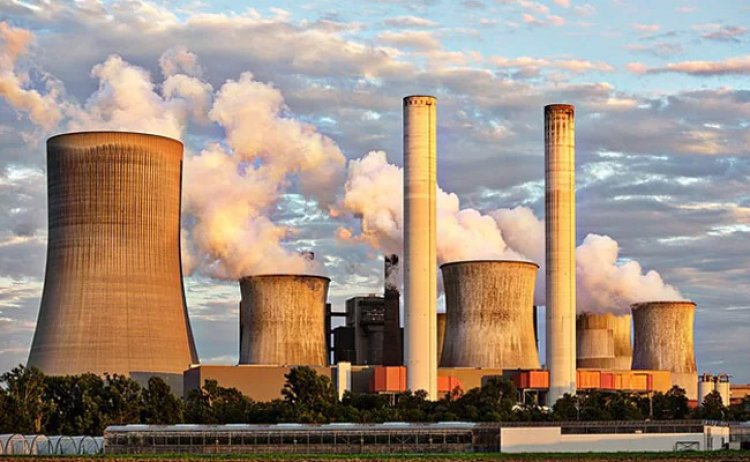Power / Coal crisis
STORIES, ANALYSES, EXPERT VIEWS

The precarious power situation, triggered by the apparent shortage of coal at thermal plants across the country, has caught both the Centre and the states off guard. Even as the Union government has denied that there is any crisis pertaining to the availability of coal as well as electricity, several states are feeling the heat, including Punjab, Delhi, Uttar Pradesh, Bihar and Rajasthan.
Both Centre and states are accusing each other. The Union Power Ministry has pointed a finger at some states on two counts: not supplying power to their consumers; and instead selling it in the power exchange at high prices.
The ministry has told the states to utilise unallocated power of the central generating stations to meet their requirements, failing which this allocation will be withdrawn and given to others that need it badly. However, in the absence of coordination between the Centre and the states, things have taken a turn for the worse. It’s a hand-to-mouth existence for most thermal plants as their coal supplies are dwindling fast.
The ministry has asked power producers to import up to 10% of their coal needs amid fuel shortages, and has warned States that federal companies will curb their power supplies if they are found selling electricity on power exchanges to cash in on surging prices.
India is the world’s second largest coal producer, with the world’s fourth largest reserves, but a steep surge in power demand that has outstripped pre-pandemic levels means state-run Coal India’s supplies are no longer enough.
Increased economic activity after the second wave of the pandemic has driven up demand for coal leading to a supply shortage, forcing north Indian States like Bihar and Jharkhand to undertake power cuts for up to 14 hours a day. On Tuesday, the Power Ministry asked utilities, reliant on local coal, to import up to 10% of coal needs to blend with the domestic grade to meet increased power demand, a Ministry note reviewed by Reuters said. The move could push up already high global coal prices.
These power plants usually only import small amounts of coal. Over half of India’s 135 coal-fired power plants, which supply about 70% of the country’s electricity, have fuel stocks that will last three days or less.
24 bids for 21 blocks: exploration licensing round
The government has received a total of 24 bids for 21 blocks it offered in the latest exploration licensing round, with ONGC submitting bids for 19 blocks, Sun Petrochemicals for three, and Oil India for two, as per the information available on the website of the Directorate General of Hydrocarbons (DGH).
Limited bids in the sixth licensing round means ONGC can win 16 blocks without any contest while it will have to compete with Sun Petrochemicals for three blocks. Oil India too can win the two blocks it has bid for without any contest.
Despite policy reforms in recent years, India’s exploration licensing rounds have increasingly been dominated by state-run players with limited participation of foreign and private players.
In the previous five rounds, state-run ONGC and Oil India won 24 and 25 blocks respectively. Other state-run firms - GAIL, Indian Oil, and BPRL – won one block each. Vedanta, controlled by mining magnate Anil Agarwal, has won the highest 51 blocks so far but it hasn’t participated in recent rounds. The joint venture of BP and Reliance Industries has won one block while HOEC got one block.
In the fifth round, 12 bids were received for 11 blocks on offer, reducing the contest to just one block. The bids included seven by ONGC, four by Oil India and one by Invenire Petrodyne ltd.
Similarly, in the fourth round, a total of eight bids were received, including seven from ONGC and one from Oil India.
















